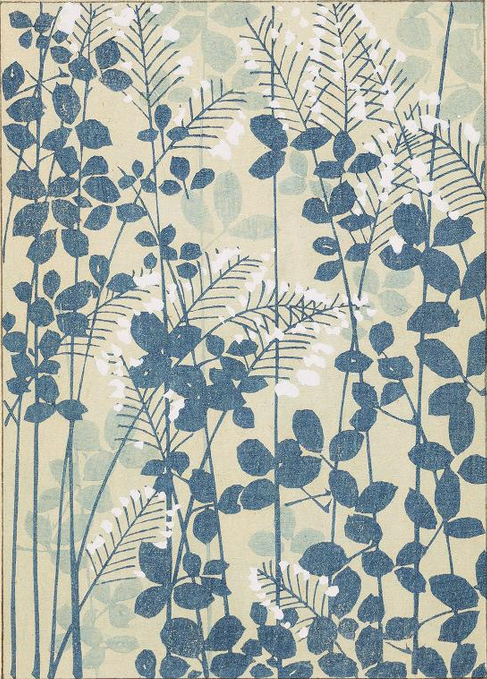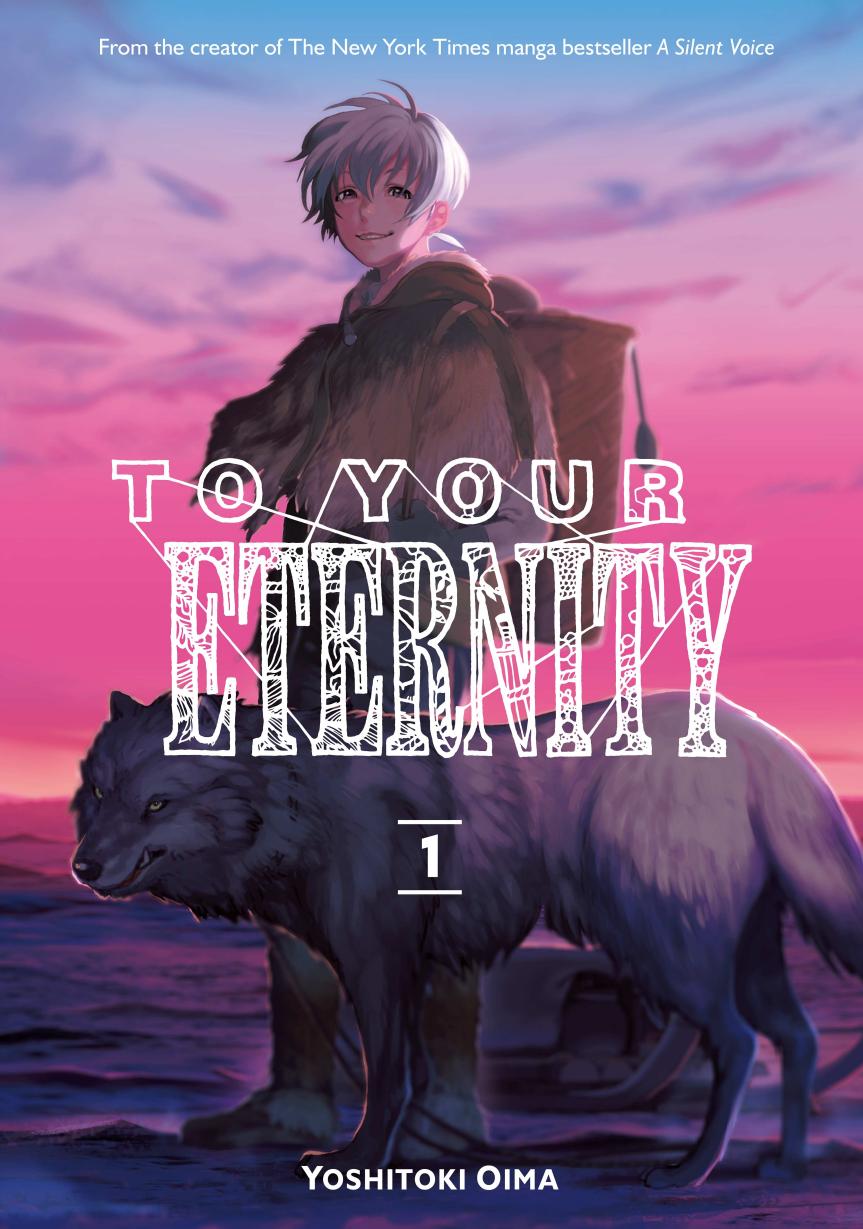




















I’ve always been somewhat in love with this series.
And recently I’ve had the joy to get my digital collection up to date— for a long time I only had the ten volumes from a Humble Bundle—and since I was sick, I figured I would slam it back.
And my god, did I weep exactly the same. I recommend it to anyone and everyone. I did take a few screenshots…

Fucking gorgeous, expressive art.

Heart-wrenching, everlasting consequences.

Amazing action and flow.

Did I mention beautiful art?

Sometimes a bit silly.

Sometimes a lot silly.

Loving side characters who do their best to teach Fushi about what they can in the capacity they can.

(sorry for the moire, I zoomed out too far) March exists.

A bit of fun.

Granted this is out of context but it DOES make sense for Fushi.

Defining love as something more than romantic love.

Fushi is a mother.
There we are.
Anyhow, you might noticed I marked this as queer. I did that because for me? Reading as a nonbinary demi? I love Fushi’s whole being. Fushi moves between forms often, rapidly, though he prefers a lot of the time to use his first human form. Most people would use “he” pronouns, but Fushi never actually prefers one over the other. Each form is someone he knew. Someone precious. Each with their own identity. Fushi wears each because while they are all different people, they are all a part of him, and he embodies each part. He is everything. Not only that, but many people urge him to find romance, to date, to find a partner: he doesn’t understand romantic love. He doesn’t really understand that he does have love, though, in familial and platonic ways, and he loves immensely.
He is an eternal being who is absolutely cherished by his chosen family, those who consented to join him for the rest of their eternal lives. They all struggle together. Work together. Cry together. Learn together.
Fuck, dude. And everyone is so distinct.
Whose my favorite? Why, it’s— no, it’s— I mean, it’s—
It’s everyone… there’s no real side character in this story. Everyone influences the story. Everyone. I mean it.
Every arc can be taken as a criticism and analysis of different societal woes, or ways to develop Fushi’s understanding of the world… currently the Future Arc argues about technology reliance, and making technological interactions the base of someone’s identity. The Modern Arc was about mental health. Renril was about finding trust and learning to embrace people despite the problems it could bring. Junanda was about prisons, forgiveness, and sacrifice. Gugu’s arc was my favorite, by far, and it was family focused, developed Fushi as a person. The Oniguma arc was about parents, sacrifice, and death. And the Nameless Boy… was the foundation of everything.
I’ve seen some people complaining online about the Modern Arc. They don’t like that it’s character focused and there’s some weird people. I liked it well enough— you’re dropping all of these people in to now deal with the fact that they truly are immortal. They grow in modern day Japan, and the author makes it clear that Fushi really believes he brought peace because he eliminated the Nokkers. The arc has changed the enemy, though— every time the Nokkers evolve, they become part of what plagues society. The modern arc is an inward, character-driven piece because of the critique of the biggest danger to humanity now: mental health. The Nokkers take the place of people who wish to die. They learn the importance of flesh, of experience, and want to help, but don’t understand that what they do is not… helpful. I would summarize it as, “Being human is experiencing the worst and the best… and using every tool one can to make life something less painful.” They’re everywhere, unnoticeable. Someone could have suffered and been replaced and one could be entirely unaware. Is it good? Is it bad? And how do you love people without trying to keep them constantly around you?
With the modern arc so focused on inward development, I can understand why people might miss the action and plot focused earlier arcs.
And the Future Arc… well, I see a LOT more complaints about that. The series veers into scifi and takes on a dystopian society plagued by the idea that happiness is Having. One could have anything they want. They buy things with “Good”s— the equivalent to a Like— and can change their bodies whenever they like. The society is literally built in levels, and people are plagued by ads as well. They have lost a lot of empathy because they don’t experience suffering, and don’t understand what it is to have little. The people who are at the bottom of the strata are dumped as trash, the useless parts of society, the people who won’t be able to contribute.
The symbolism is extremely obvious here, but reading reviews, I’m struck by… people perhaps not… getting it?
In any case… it is the weirdest by far, just because it’s exploring an absolute extreme case to drive the point home. Still, I’m invested. I’m watching how this has affected the lives of the Immortals, how it changed them, how little they value their flesh knowing they can always come back, and how much Fushi has changed… it’s interesting to me.
I urge people… read it… read it…


